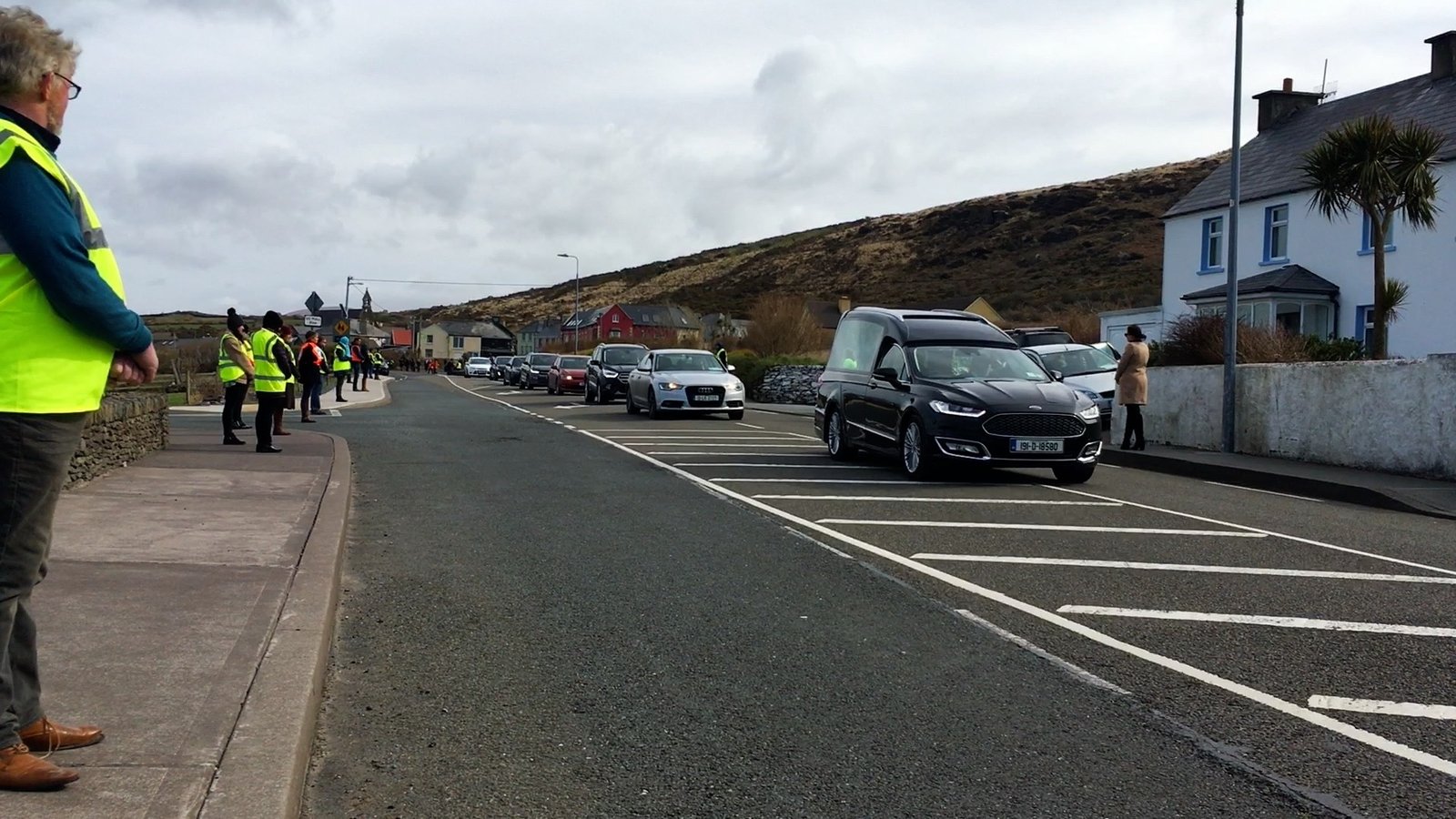As an outsider looking in, nothing seems more fundamentally representative of Irish culture than the Irish wake. Ubiquitous in Irish literature, music, theater, and storytelling, the celebratory assembly of the community following a death seems to encapsulate the social, cultural, and historical spirit of Ireland. When the social distancing measures were put in place in early March, I began to see article after article discussing the implications of COVID-19 for Irish funerary rituals, all pointing out that there is perhaps nothing more antithetical to the circumstances of our new global reality than the Irish wake. I was brought to tears by one story of a community in Ballyferriter, County Kerry. Unable to gather for a wake, the entire parish lined the 2km street to the cemetery (all keeping a safe 2m distance, of course) to sing “Óró Sé Do Bheatha ‘Bhaile,” one of my favorite traditional Irish melodies.

Just several days after reading this story, my 93-year-old grandfather (a survivor of the Holocaust) passed away of natural causes unrelated to COVID-19. Unable to return home, my family held a “Zoom funeral,” an unfortunate reality that has become more and more common in the age of COVID-19. This virtual gathering was no replacement for a real one. Out of the isolation of that experience, I came to realize just how irreplaceable the act of assembly is. In these “socially-distanced” community wakes, like the one in Ballyferriter, the Irish people have demonstrated that they fully understand, appreciate, and embody the art of assembly.
As a theater director, public assembly is very much my business. As we find ourselves at this unnerving moment in which assembly is no longer possible, we must reconsider, and indeed reimagine, what it means to be together with our communities for comfort, for celebration, and for grieving. Perhaps it is this unique quality of Irish culture that drew me to Irish theater in the first place.
Unlike many research-based graduate programs, the practical, hands-on nature of my program (an MFA in Theatre Directing) is nearly impossible to accomplish digitally. Instead of conducting courses virtually, the Lir is still holding out hope that we might be able to complete our coursework, and our thesis productions (in my case, a staging of Oscar Wilde’s Salome), in person by the end of the summer.
We have, however, been asked to prepare ourselves for the more than likely scenario that the actors will not be allowed to have any physical contact with one another and the productions will be performed without an audience. As daunting as this task may be, it has prompted me to reassess what I understand theater to be, and how I understand its intersection with culture and civic life at the broadest level.
Above all, I have come to understand how deeply I cherish the act of assembly and what a precious gift it has been to spend this year immersed in a culture that shares that love.
